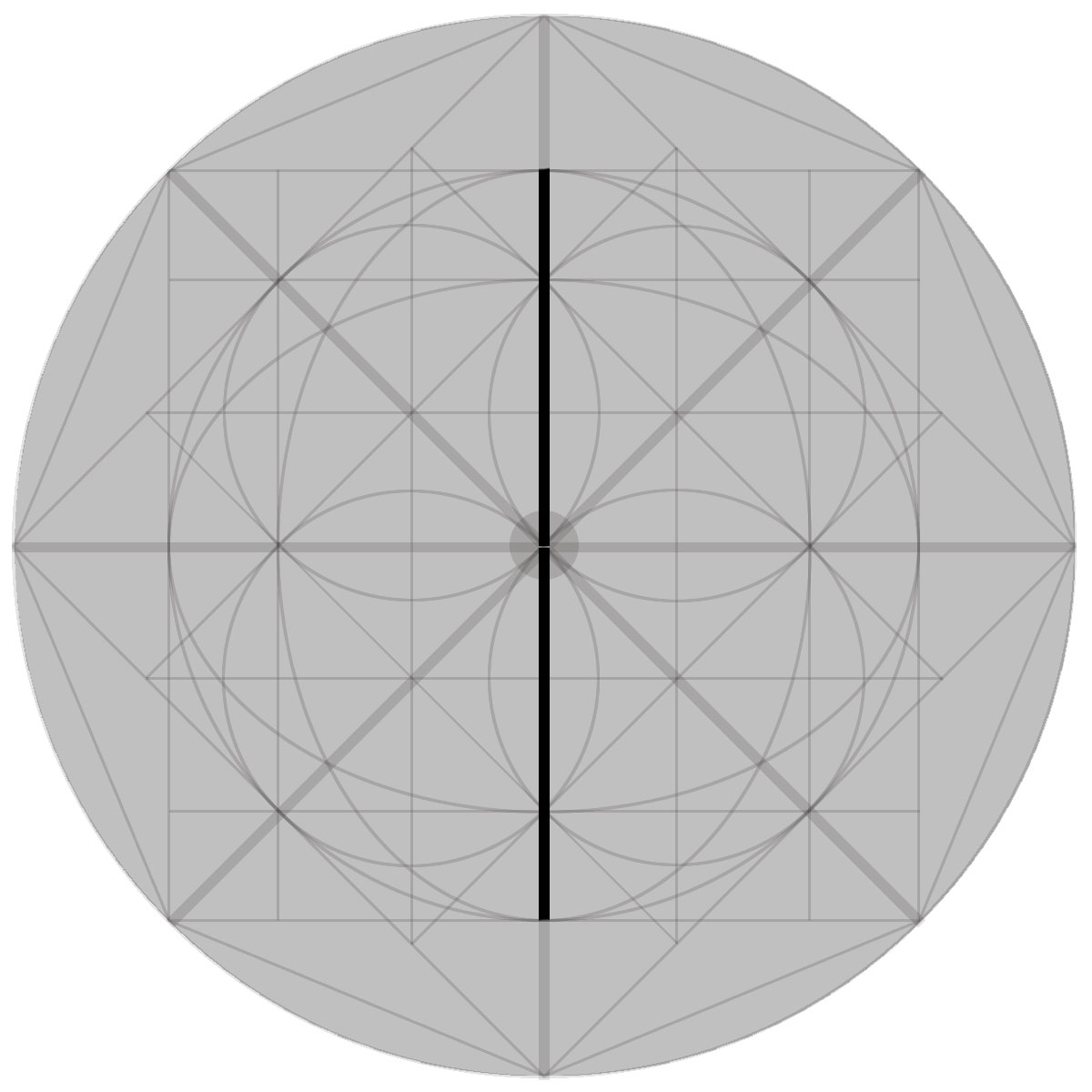
The upward block sequence is as follows:
| 1) | step backward with the left foot into a transitory rear twist stance |
| 2) | rotate to your left into a left neutral bow, while simultaneously executing a left downward - right, inward universal block |
| 3) | shift forward into a left forward bow with a left, upward block, simultaneously with a right, forward hammer-fist |
| 4) | shift backward into a left neutral bow with left, overhead claw, simultaneously with a right, outward back-knuckle - both at head level |
| 5) | execute a left outward back-knuckle, at head level, while simultaneously retracting your right hand |
| 6) | execute a right outward back-knuckle, at head level, while simultaneously retracting your left hand |
| 7) | step backward with the right foot into a right transitory rear twist stance and repeat the above sequence on the right side |
An analysis of this sequence exposes the following information:
•it utilizes two-in-one timing (simultaneously)
•it utilizes one-in-one timing
•it demonstrates both forward movement (hammer-fist) with upward movement (block)
•it demonstrates orbital switching
•it demonstrates the reverse triple sequence (rear, front, rear) to Long Form One (front, rear, front)
•it demonstrates the figure 8 within a single sequence (instead of with combined sequences)
•it's movements are directed to the vertical plane (opposite of outward block / punch sequence)
•it never steps onto the upper part of the '+' pattern - only faces the 12:00 direction
Universal Block Specific Information
An analysis of this maneuver exposes the following information:
•the block is executed from a neutral bow - unlike the modified forward bow of Long Form One, rear hand inward block
•the block is executed from a neutral bow - exposing the rule: front hand - neutral bow, rear hand - forward bow, both hands - either
•it achieves the same main goal of the triple block sequence in Long Form One, but with two-in-one timing
Upward Block / Hammer-fist Specific Information
An analysis of this maneuver exposes the following information:
•the block utilizes isolated torque
•the upward block is executed from a forward bow (but with the front hand - unlike Short / Long Form One)
•the hammer-fist rotation continues 'degree of rotation' concept
•the hammer-fist introduces the concept Orbital Switch
Claw / Back-knuckle Specific Information
An analysis of this maneuver exposes the following information:
•the two-in-one timing is similar to the inward block sequence (but with both hands and offense / offense)
•the claw is executed on a vertical plane - the opposite (horizontal) plane of the four-finger strike
•the claw continues the concept of 'degrees of open' of a weapon3
•the claw introduces isolated gravitational marriage
•the stance rotation is the reverse to the inward block sequence
Back-knuckle #2 Specific Information
An analysis of this maneuver exposes the following information:
•the strike is executed using one-in-one timing
Back-knuckle #3 Specific Information
An analysis of this maneuver exposes the following information:
•the strike is executed using one-in-one timing
•the strike positions the weapon for the next maneuver (on both sides)
Transition Specific Information
An analysis of this maneuver exposes the following information:
•the maneuver steps into the unknown